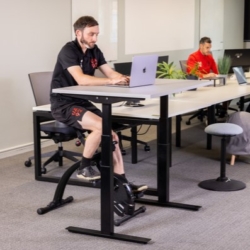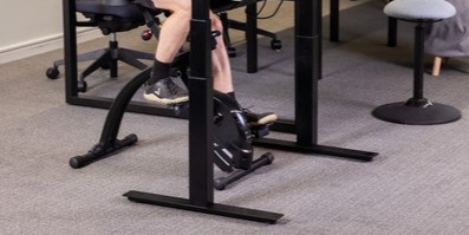To provide the best experiences, we use technologies like cookies to store and/or access device information. Consenting to these technologies will allow us to process data such as browsing behaviour or unique IDs on this site. Not consenting or withdrawing consent, may adversely affect certain features and functions.
The technical storage or access is strictly necessary for the legitimate purpose of enabling the use of a specific service explicitly requested by the subscriber or user, or for the sole purpose of carrying out the transmission of a communication over an electronic communications network.
The technical storage or access is necessary for the legitimate purpose of storing preferences that are not requested by the subscriber or user.
The technical storage or access that is used exclusively for statistical purposes.
The technical storage or access that is used exclusively for anonymous statistical purposes. Without a subpoena, voluntary compliance on the part of your Internet Service Provider, or additional records from a third party, information stored or retrieved for this purpose alone cannot usually be used to identify you.
The technical storage or access is required to create user profiles to send advertising, or to track the user on a website or across several websites for similar marketing purposes.
 The working environment profoundly affects how we feel at work. But can the right office furniture and layout also boost creativity, efficiency and collaboration? AJ Products, a leading furniture solutions provider and workplace wellbeing specialist, decided to find out. They collaborated with University Academy 92, a higher education institution co-founded by the Class of ’92 and Lancaster University, to test their Active Office concept. (more…)
The working environment profoundly affects how we feel at work. But can the right office furniture and layout also boost creativity, efficiency and collaboration? AJ Products, a leading furniture solutions provider and workplace wellbeing specialist, decided to find out. They collaborated with University Academy 92, a higher education institution co-founded by the Class of ’92 and Lancaster University, to test their Active Office concept. (more…)



































August 28, 2024
How younger generations are redefining workplace exits
by Katherine Loranger • Comment, Workplace